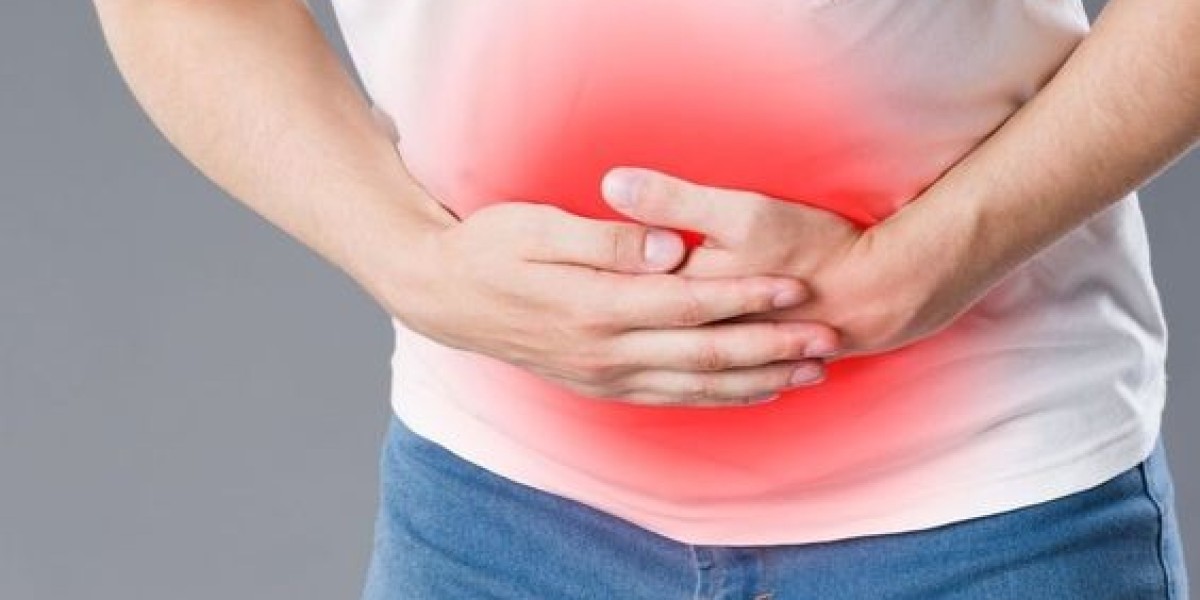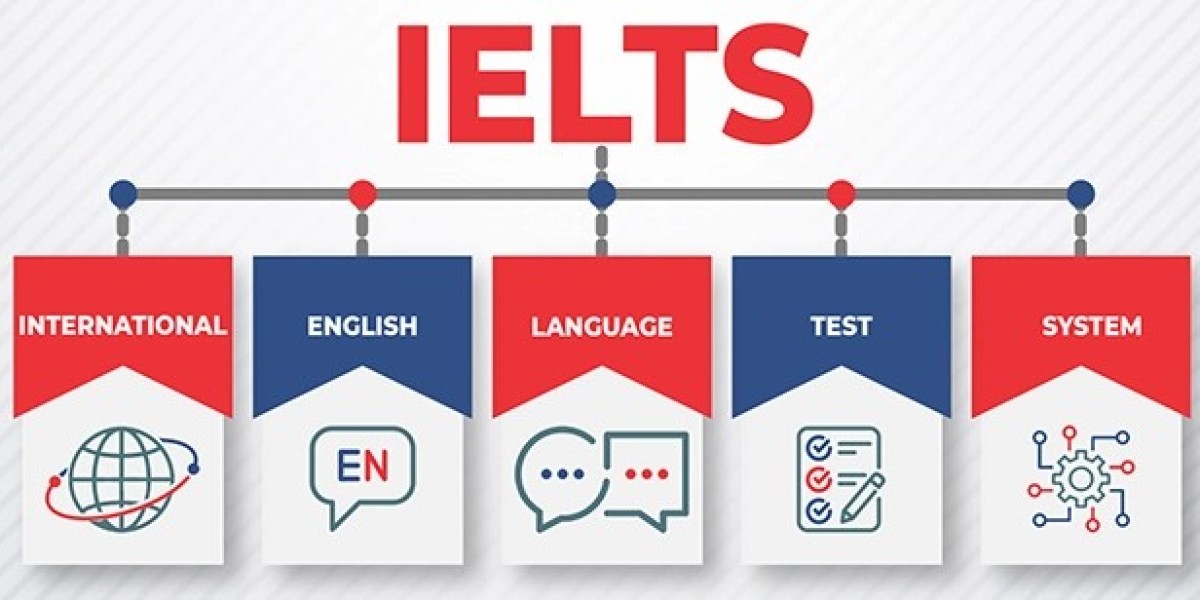Gallstones are hard deposits that form in the gallbladder, causing discomfort and various health issues. Understanding gallstone treatment in Riyadh (علاج حصوات المرارة في الرياض) can help those affected make informed decisions about their health. This guide provides a comprehensive overview of the treatment options available, their processes, and what patients can expect.
Understanding Gallstones
What Are Gallstones?
- Composition: Gallstones are primarily made up of cholesterol or bilirubin and can vary in size from tiny grains to large stones.
- Types: The two main types are cholesterol gallstones (most common) and pigment gallstones (associated with liver disease).
Symptoms of Gallstones
- Pain: Often manifests as sudden and intense pain in the upper right abdomen, especially after meals.
- Nausea and Vomiting: Accompanied by pain, these symptoms may indicate a gallbladder attack.
- Jaundice: Yellowing of the skin and eyes, signaling a possible blockage in the bile duct.
Diagnosing Gallstones
Initial Consultation
- Medical History: A thorough assessment of symptoms and personal health history is crucial.
- Physical Examination: Checking for tenderness in the abdominal area can help identify gallbladder issues.
Diagnostic Tests
- Ultrasound: The most common and non-invasive method for detecting gallstones.
- CT Scan or MRI: These imaging tests provide a detailed view of the gallbladder and surrounding structures.
Treatment Options for Gallstones
Watchful Waiting
- Observation: If gallstones are asymptomatic, treatment may not be necessary.
- Regular Monitoring: Patients may be advised to keep track of symptoms and report any changes.
Medication Management
- Bile Acid Pills: Medications can dissolve cholesterol gallstones, but this process may take months or years.
- Effectiveness: Not all gallstones can be treated with medication, especially larger stones.
Non-Surgical Treatment
- Endoscopic Retrograde Cholangiopancreatography (ERCP): A procedure to remove gallstones from the bile duct without surgery.
- Benefits: Less invasive and often done on an outpatient basis.
Surgical Options for Gallstones
Cholecystectomy: The Primary Surgical Treatment
- Definition: The surgical removal of the gallbladder, which is the most common treatment for symptomatic gallstones.
- Types of Cholecystectomy:
- Laparoscopic: A minimally invasive procedure involving small incisions and quick recovery.
- Open Surgery: Used in complicated cases, requiring a larger incision and longer recovery.
Preparing for Surgery
- Pre-Operative Assessment: Blood tests and imaging studies to ensure the patient is fit for surgery.
- Instructions: Patients may need to avoid food and drink for a certain period before the procedure.
Post-Operative Care
- Recovery Time: Most patients can go home the same day or after a short stay, especially with laparoscopic surgery.
- Activity Restrictions: Light activities are encouraged, but heavy lifting and strenuous exercise should be avoided for a few weeks.
Lifestyle Changes After Gallstone Treatment
Dietary Modifications
- Low-Fat Diet: Reducing fat intake can help prevent gallstones from forming in the future.
- Increased Fiber: A diet rich in fruits, vegetables, and whole grains promotes digestive health.
Regular Check-Ups
- Follow-Up Appointments: Essential for monitoring recovery and addressing any complications.
- Monitoring Symptoms: Patients should remain vigilant for any signs of recurring symptoms.
Managing Complications
Potential Complications from Gallstones
- Pancreatitis: Inflammation of the pancreas, which can occur if gallstones block the pancreatic duct.
- Cholecystitis: Inflammation of the gallbladder, leading to severe pain and infection.
Seeking Immediate Help
- Emergency Symptoms: High fever, severe abdominal pain, or jaundice require prompt medical attention.
- Treatment of Complications: May involve surgery or additional medications to manage symptoms effectively.
Alternative Treatments and Home Remedies
Herbal Remedies
- Milk Thistle: Known for its potential liver benefits, though scientific evidence is limited.
- Dandelion Root: Traditionally used to promote bile production and gallbladder health.
Lifestyle Practices
- Hydration: Drinking plenty of water supports overall health and digestion.
- Regular Exercise: Maintaining a healthy weight and active lifestyle reduces the risk of gallstone formation.
Understanding Costs and Insurance Coverage
Cost of Gallstone Treatment in Riyadh
- Factors Affecting Cost: Type of treatment, hospital stay, and any additional procedures influence overall expenses.
- Insurance Coverage: Many health plans cover surgical procedures but vary by provider.
Financial Planning
- Discussing Costs: Patients should consult with healthcare providers about potential expenses and payment options.
- Financial Assistance Programs: Available for those who may struggle to afford treatment.
Final Thoughts on Gallstone Treatment in Riyadh
Understanding gallstone treatment in Riyadh involves knowing your options, the procedures, and what to expect during and after treatment. It's essential to seek medical advice if symptoms arise and to maintain a healthy lifestyle to prevent future occurrences. With the right approach and care, individuals can effectively manage gallstones and lead a healthier, pain-free life.









